Nếu có ý định lắp ráp một bộ máy tính để bàn mạnh mẽ, có lẽ đa số mọi người sẽ xem xét việc lựa chọn bộ vi xử lý hiện đại bậc nhất hiện nay là Intel Core i9 thế hệ thứ 13. Nhưng đi cùng với hiệu suất mạnh mẽ thì giá tiền của nó cũng cực kỳ đắt, bên cạnh đó là rất nhiều điều cần quan tâm xoay quanh việc lựa chọn CPU mới nhất của nhà Intel.
Vì vậy, người dùng có thực sự cần đầu tư vào Intel Core i9? Dưới đây là một số lý do để ngừng nghĩ đến việc sử dụng bộ vi xử lý Intel Core i9.
CPU Intel Core i5 và i7 thế hệ 13 đã đủ mạnh
Hầu hết người dùng đều nhận thấy CPU Intel Core i3 đã đáp ứng đủ nhu cầu của họ, nhưng bạn sẽ cần có một con chip mạnh hơn nếu là người sáng tạo nội dung hoặc game thủ. Tuy nhiên, điều đó không có nghĩa là bạn phải ‘đốt’ tiền vào CPU Intel Core i9.
Bộ xử lý thế hệ thứ 13 mới nhất của Intel vốn đã mạnh mẽ, ngay cả dòng Core i5 tầm trung cũng đủ đáp ứng hầu hết các công việc ngày nay. Đối với nhu cầu xử lý khối lượng công việc nặng hơn, chẳng hạn như chơi game và phát trực tuyến đồng thời, thì Intel Core i7 vẫn đảm nhiệm tốt mọi thứ.
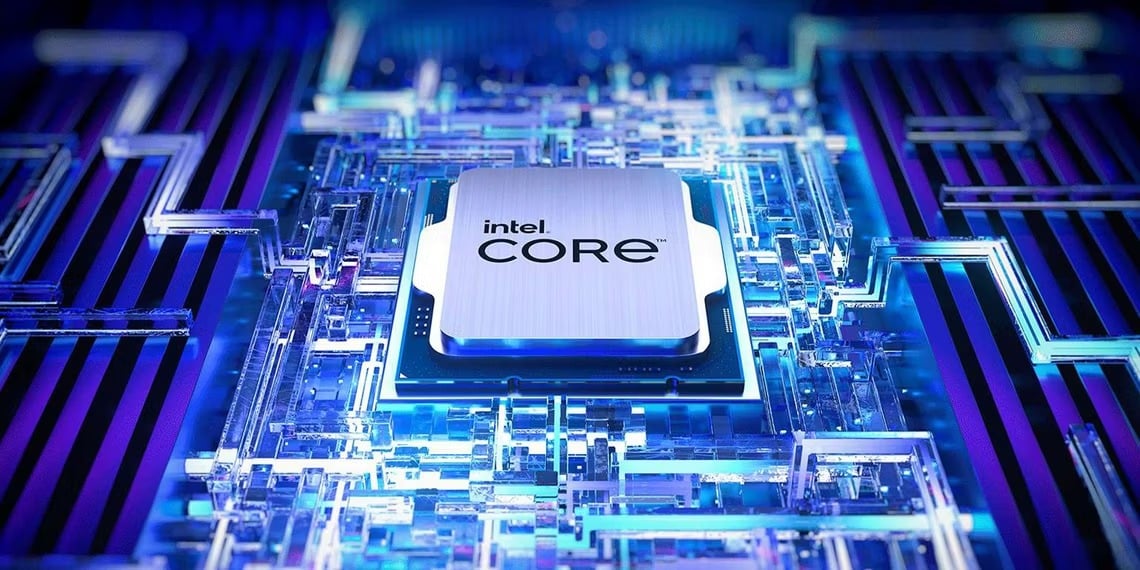
CPU Intel Core i5 và i7 thế hệ 13 vẫn đủ mạnh để xử lý công việc
Dòng Intel Core i9 cao cấp nhất thường được dùng cho các chuyên gia có khối lượng công việc cực kỳ nặng. Chẳng hạn như mô phỏng hàng triệu hạt gió trong lĩnh vực thiết kế máy bay hoặc trình chiếu video 8K có thời lượng dài hàng giờ đồng hồ, khi đó Intel Core i9 là công cụ hoàn hảo cho nhu cầu đó.
Nhưng nếu bạn không xử lý những công việc đặc thù nói với yêu cầu hiệu suất xử lý siêu mạnh, thì tiềm năng của CPU Core i9 chắc chắn sẽ bị lãng phí. Giống như việc dùng một chiếc siêu xe để di chuyển hàng ngày trên tuyến đường thành phố đông đúc, bạn sẽ không thể thoái mái đạp chân ga để tận hưởng tốc độ và sức mạnh từ động cơ.
Thực sự cần nhiều nhân xử lý từ CPU?
Intel Core i9 tự hào với số lượng 24 nhân đồ sộ - 8 nhân P và 16 nhân E. Trong khi đó, Core i7 có 8 nhân P và 8 nhân E, và i5 chỉ có 6 nhân P và 4 nhân E. Có thể thấy, CPU Core i9 có sức mạnh vượt trội so với những người anh em của nó.
Nhưng liệu bạn có thực sự cần số lượng nhân nhiều đến thế? Nếu là một game thủ, có thể bạn đã biết về việc các trò chơi không sử dụng nhiều nhân của CPU. Cụ thể, điều này được chứng minh bằng việc xem xét với 5 trò chơi phổ biến nhất trên Steam tại thời điểm hiện tại:
- CS:GO: Intel Core 2 Duo E6600 hoặc AMD Phenom X3 8750.
- Apex Legends: CPU Ryzen 5 hoặc tương đương.
- The Elder Scrolls Online: Intel Core i5 2300 hoặc AMD FX4350.
- Resident Evil 4: AMD Ryzen 5 3600 hoặc Intel Core i7 8700.
- Destiny 2: Intel Core i5 2400 hoặc AMD Ryzen 5 1600X.
Dựa trên thông số kỹ thuật của các bộ xử lý đề cập ở trên, số lượng nhân cao nhất ghi nhận được thuộc về Intel Core i7 8700 và Ryzen 5 3600, với mỗi cụm xử lý có 6 nhân. Vì vậy, chỉ cần sử dụng Intel Core i5 thế hệ thứ 13, bạn sẽ nhận được ít nhất 10 nhân, điều này hoàn toàn đáp ứng hầu hết các trò chơi hiện nay.
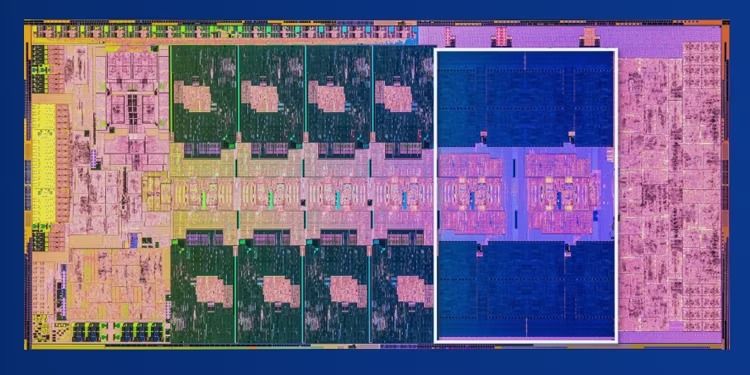
Không thực sự cần CPU quá nhiều nhân xử lý
Và ngay cả khi máy tính được sử dụng cho các tác vụ khác, chẳng hạn như chỉnh sửa ảnh và video, thì con số 16 nhân của Intel Core i7 vẫn là quá đủ cho nhu cầu đó.
Intel Core i9 cực kỳ nóng và khó tản nhiệt
Hầu như tất cả các CPU đều có tính năng tự động điều chỉnh nhiệt độ (thermal throttling) để tránh bị hư hỏng khi quá nóng. Tuy nhiên, khi CPU tự điều chỉnh nhiệt độ nó sẽ không chạy ở xung nhịp cao nhất và người dùng cũng không đạt được hiệu suất cao nhất.
Intel Core i9 thế hệ thứ 13 cực kỳ mạnh mẽ. Mặc dù mức tiêu thụ điện năng cơ bản của nó chỉ là 150 watt, nhưng nó có thể tăng lên hơn 250 watt khi chạy hết công suất. Điều này sẽ làm quá tải mọi hệ thống tản nhiệt khí, đến mức Intel không trang bị quạt tản nhiệt tiêu chuẩn cho bộ xử lý này.
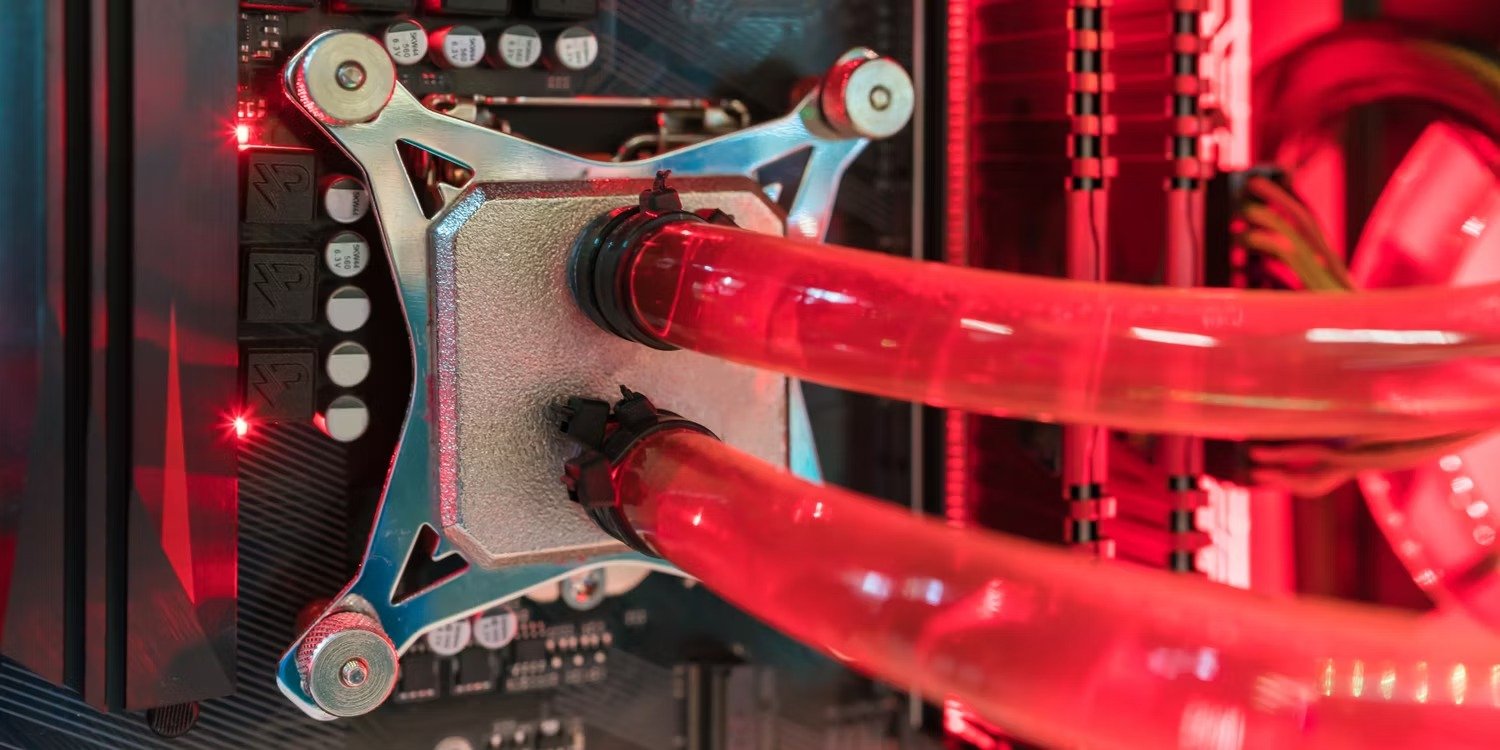
Intel Core i9 rất nóng và khó tản nhiệt
Để tận dụng tối đa CPU mới nhất, bạn sẽ cần phải sử dụng hệ thống tản nhiệt nước thay vì tản nhiệt khí. Tuy nhiên, ngay cả những nhà chế tạo thành phần máy tính có kinh nghiệm như Linus Tech Tips, cũng tiết lộ rằng gần như không thể làm mát cho Intel Core i9 thế hệ thứ 13 với những bộ tản nhiệt thông thường trừ khi bạn phải đầu tư vào những hệ thống tùy chỉnh đặc thù và phức tạp. Điều này cũng sẽ khiến CPU không còn được bảo hành bởi Intel.
Không nên quá tập trung vào CPU
Khi xây dựng cấu hình máy tính, không nên quá tập trung vào một thành phần duy nhất. Thay vào đó, bạn nên xem xét toàn bộ PC. Ví dụ: nếu đang sử dụng card đồ họa NVIDIA GeForce RTX 4090 mạnh nhất hiện nay, thì bạn không thể kết hợp nó với chip Intel Core i3 từ 10 năm trước. Bạn cũng không thể cắm thanh RAM DDR5-6000 tiên tiến nhất mà không kiểm tra xem bo mạch chủ có hỗ trợ hay không.
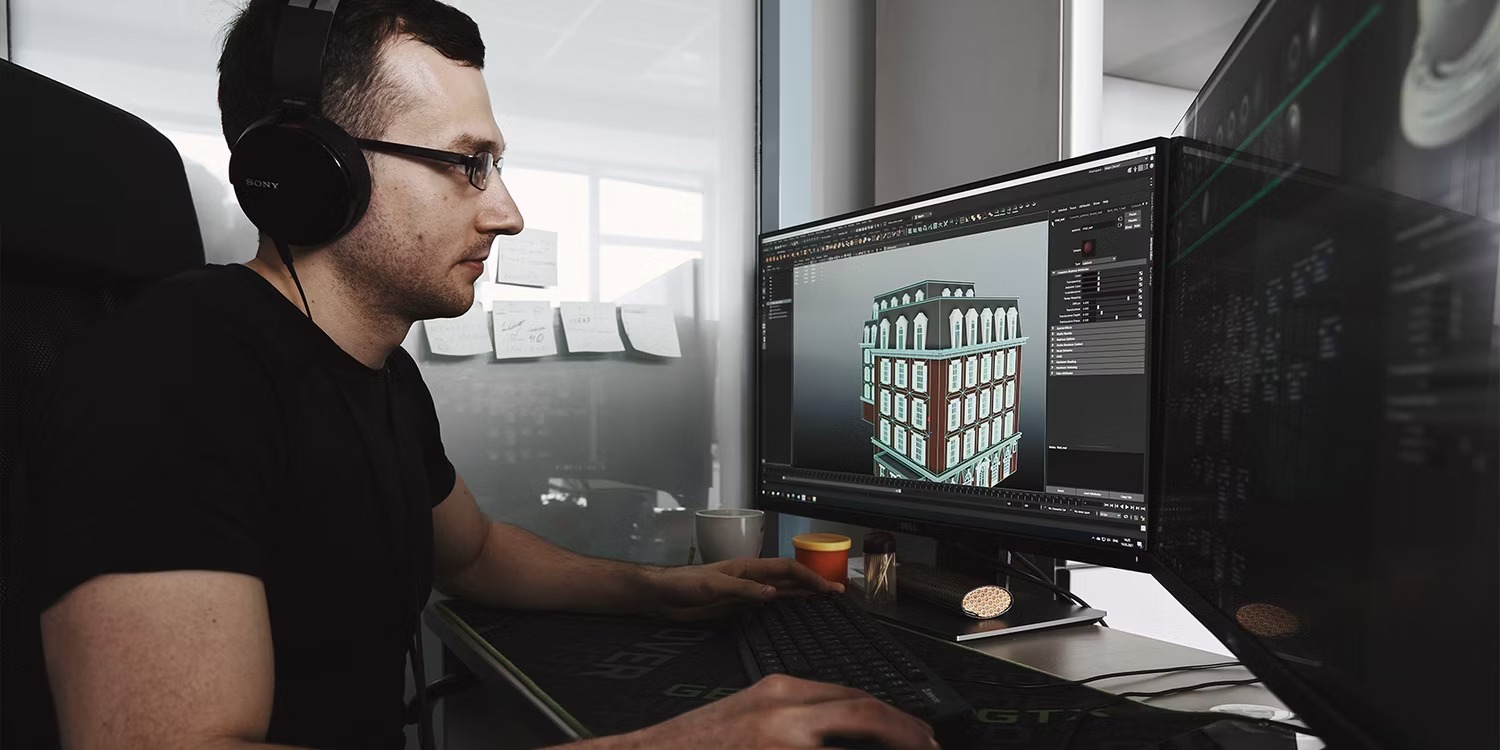
Ngoài CPU, vẫn cần chú ý đến những thành phần khác trong máy tính
Điều này hoạt động tương tự với bộ vi xử lý. Nếu đang sử dụng Intel Core i9 thế hệ thứ 13, hãy kiểm tra xem hệ thống tản nhiệt của bạn có hỗ trợ nó không. Bạn cũng cần phải xem xét liệu RAM và SSD có đủ nhanh để đáp ứng nhu cầu của CPU hay không. Nếu không nghiên cứu kĩ mà đầu tư vào CPU, bạn có thể gặp phải tình trạng "thắt cổ chai" về hiệu suất và không đạt được những gì mình mong muốn.
Source link










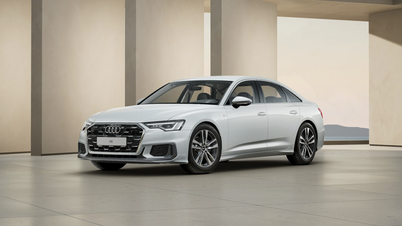



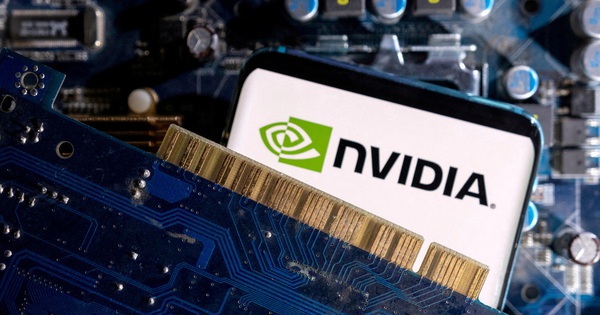




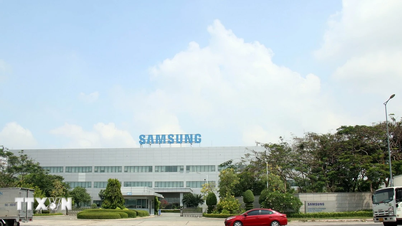
























































































Bình luận (0)